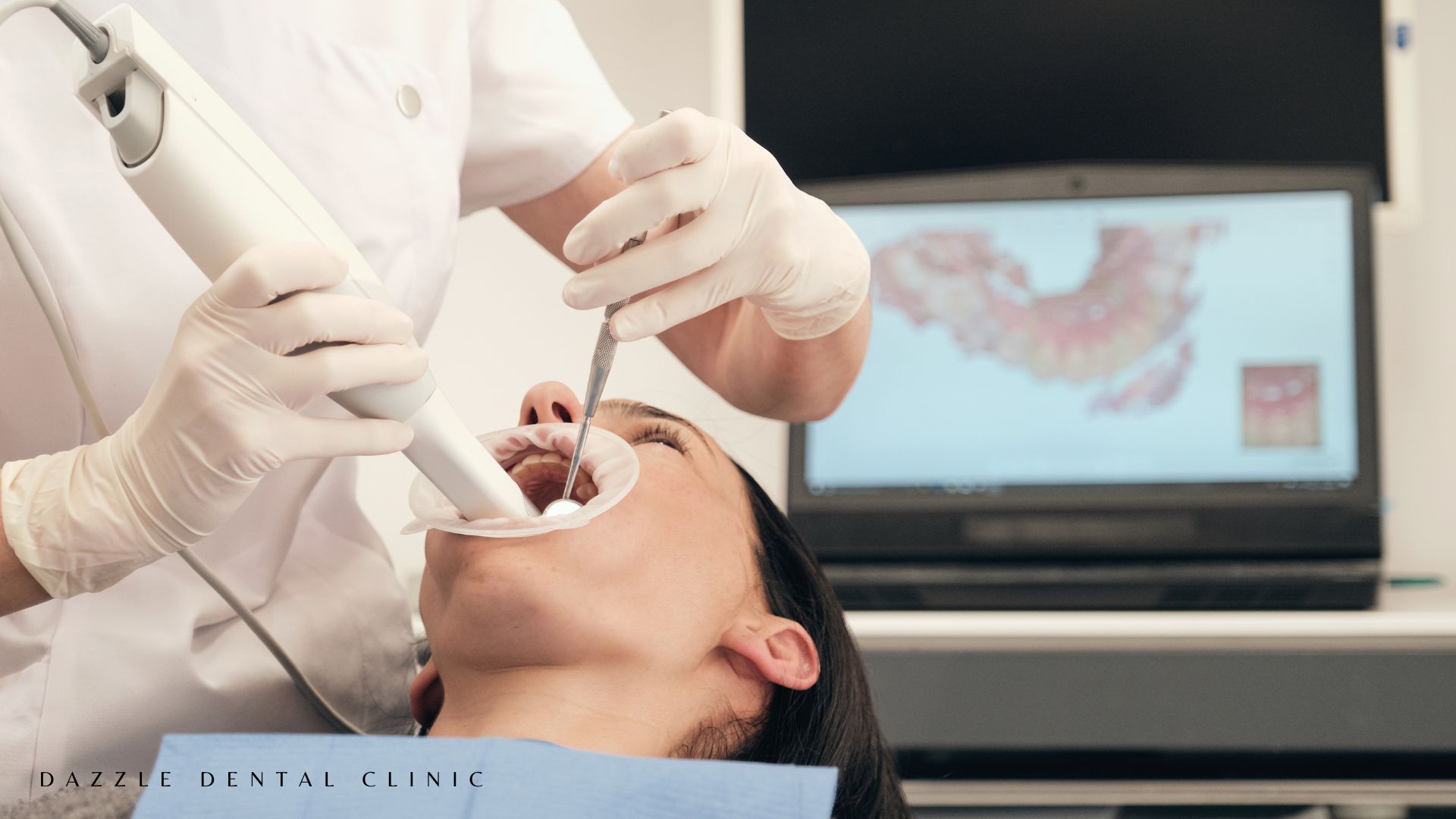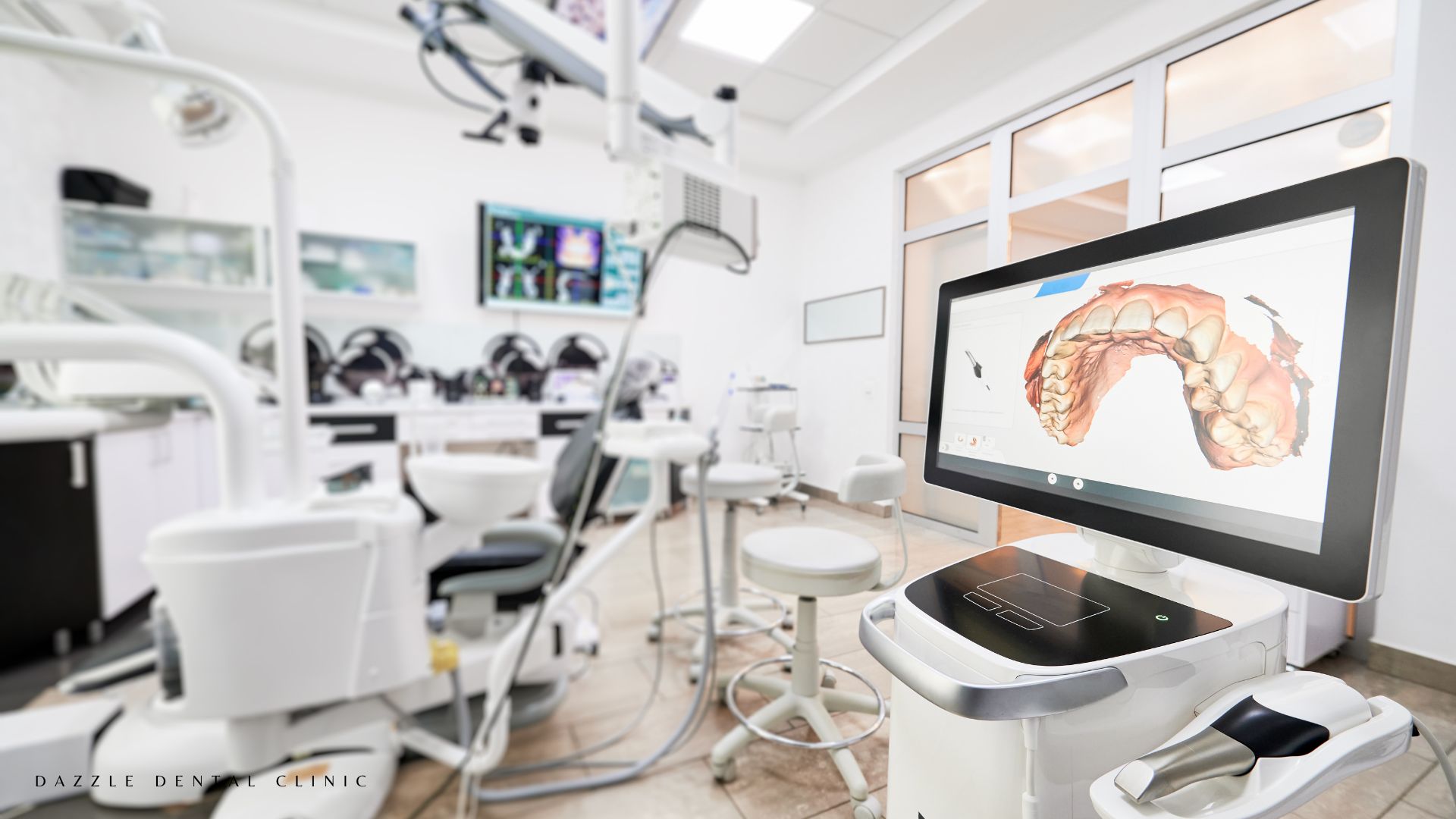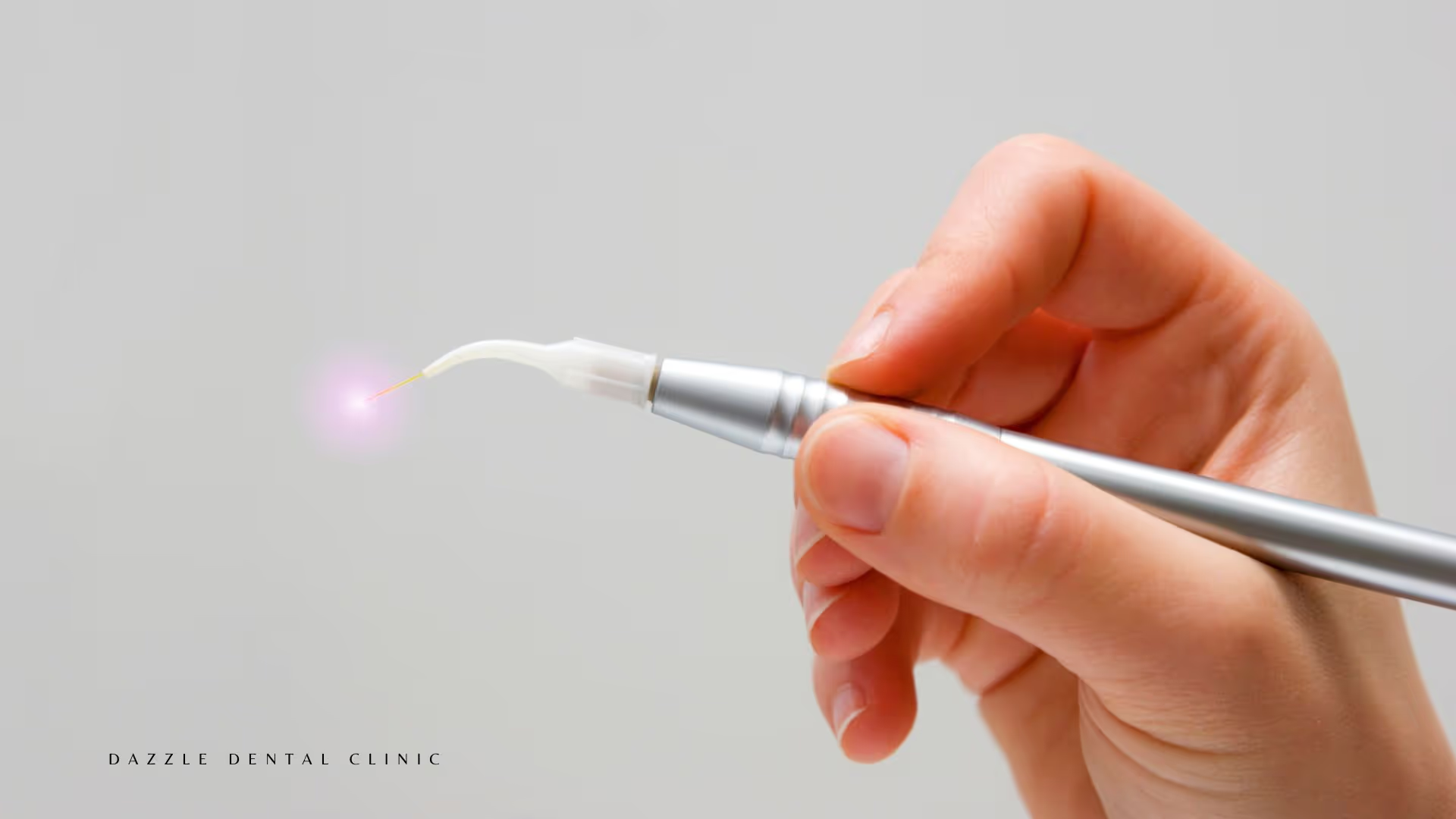When it comes to restoring a full set of teeth, patients often face the decision between All on 4 dental implants and traditional dentures. Understanding the differences, benefits, and potential drawbacks of each option is crucial for making an informed choice. This article aims to provide an in-depth comparison, helping you choose the best treatment for your needs.
Understanding All on 4 Implants
All-on-4 implants are a revolutionary solution for individuals with missing teeth. Unlike traditional implants, which require one implant per tooth, the All on 4 technique uses just four implants to support a full arch of teeth. This approach offers several benefits:
- Stability and Durability: All-on-4 implants are anchored directly into the jawbone, providing a stable and long-lasting foundation for the prosthetic teeth. This stability allows for a more natural biting and chewing experience.
- Bone Preservation: Implants help maintain jawbone density, preventing the bone resorption that often occurs with missing teeth.
- Aesthetic Appeal: The fixed nature of All-on-4 implants ensures that the prosthetic teeth look and feel like natural teeth, enhancing the patient’s smile and confidence.
For more detailed information on All-on-4 implants, visit our All on 4 Treatments page.
Pros and Cons of All on 4 Implants
Pros:
- Permanent Solution: Once placed, All-on-4 implants can last a lifetime with proper care.
- Improved Oral Health: They reduce the risk of bone loss and gum disease associated with missing teeth.
- Convenience: Unlike dentures, implants do not need to be removed for cleaning and can be maintained just like natural teeth.
Cons:
- Cost: All-on-4 implants may cost more upfront compared to dentures.
- Surgery: The procedure requires oral surgery, which involves recovery time and potential complications.
- Eligibility: Not all patients are candidates for implants; adequate bone density is required for successful placement.
Understanding Dentures
Dentures are removable prosthetic devices designed to replace missing teeth. They come in two main types: full dentures for those who have lost all their teeth, and partial dentures for those missing only a few teeth.
Pros:
- Affordability: Dentures are generally less expensive than implants.
- Non-invasive: No surgery is required for fitting dentures, making them accessible to a broader range of patients.
- Adjustability: Dentures can be easily adjusted or replaced if needed.
Cons:
- Comfort: Dentures can sometimes cause discomfort, sore spots, and difficulty with speech and eating.
- Maintenance: They require daily cleaning and need to be removed at night.
- Bone Loss: Dentures do not prevent bone resorption, which can lead to changes in facial structure over time.
Implant-Supported Overdentures
Implant-supported overdentures represent a middle ground between traditional dentures and fixed All-on-4 implants. They provide increased stability and retention compared to traditional dentures and offer a less invasive alternative to fixed implant solutions. Here’s a detailed look at this option:
What Are Implant-Supported Overdentures?
Implant-supported overdentures are a type of removable denture that is anchored to the jaw using dental implants. Unlike traditional dentures that rest on the gums, these overdentures snap onto implants, providing a secure fit. Typically, 2 to 4 implants are placed in the jawbone, and the overdenture is attached to these implants using special connectors.
Benefits of Implant-Supported Overdentures
- Improved Stability and Retention:
- Secure Fit: The implants hold the overdenture firmly in place, reducing the risk of slipping or moving while eating or speaking.
- Enhanced Comfort: The stability provided by implants means less irritation and discomfort compared to traditional dentures.
- Better Oral Function:
- Improved Chewing Efficiency: Patients can enjoy a more varied diet, including harder and chewier foods, without fear of their dentures slipping.
- Clearer Speech: Stability provided by implants helps in clearer and more confident speech.
- Bone Preservation: Prevent Bone Loss: Implants help stimulate the jawbone, preventing the bone resorption that typically occurs with tooth loss and traditional dentures.
- Enhanced Aesthetics: Natural Appearance: Implant-supported overdentures provide a more natural look compared to traditional dentures, as they are designed to fit closely to the gums and jaw structure.
Treatment Process
- Initial Consultation:
- Assessment: A thorough examination, including digital X-rays and CBCT scans, is conducted to evaluate bone density and oral health.
- Treatment Planning: Based on the assessment, a customized treatment plan is developed.
- Implant Placement:
- Surgical Procedure: Implants are surgically placed into the jawbone. This is typically done under local anesthesia or sedation.
- Healing Period: A period of 3 to 6 months is allowed for the implants to integrate with the bone, ensuring a stable foundation.
- Attachment of Overdentures:
- Impression Taking: After healing, impressions of the gums and implants are taken to create the overdenture.
- Denture Fitting: The overdenture is then fabricated and fitted onto the implants using special attachments.
- Follow-Up Care:
- Regular Check-Ups: Routine dental visits are essential to monitor the condition of the implants and overdentures.
- Maintenance: Proper oral hygiene practices, including cleaning around the implants and dentures, are crucial for longevity.
Making the Decision: All-on-4 Implants vs. Dentures
Choosing between All-on-4 implants and dentures is a significant decision that depends on various factors, including your oral health, lifestyle, and budget. As an expert prosthodontist, here are some detailed considerations to help guide your decision:
Oral Health
All-on-4 Implants:
- Bone Density: If you have adequate bone density, All-on-4 implants offer a stable and long-lasting solution. The implants are anchored into the jawbone, providing a secure foundation that can help preserve bone structure over time.
- Overall Health: Candidates for All-on-4 implants need to be in good general health, as the procedure involves surgery. Conditions such as uncontrolled diabetes or smoking can affect the healing process and the success of the implants.
Dentures:
- Bone Loss: For patients with significant bone loss or those unable to undergo bone grafting, dentures are a viable alternative. They sit on the gum line and do not require bone support.
- Health Considerations: Dentures are a non-invasive option and are suitable for patients with health conditions that preclude them from surgery.
Budget
All-on-4 Implants:
- Initial Investment: The upfront cost of All-on-4 implants is higher than that of dentures. However, this investment includes the surgery, the implants, and the prosthetic teeth.
- Long-Term Cost: Over time, implants can be more cost-effective due to their durability and low maintenance. They eliminate the need for frequent replacements and repairs associated with dentures.
Dentures:
- Cost-Effective: Dentures are initially less expensive and provide an affordable solution for tooth replacement.
- Maintenance Costs: Dentures require periodic adjustments, relining, and replacements, which can add up over time.
Lifestyle
All-on-4 Implants:
- Permanence: Implants are a permanent solution that looks, feels, and functions like natural teeth. They do not need to be removed for cleaning and do not slip or shift in the mouth.
- Low Maintenance: With proper care, All-on-4 implants are a low-maintenance option that only requires regular dental hygiene practices like brushing and flossing.
- Diet: Implants allow for a more varied diet, including foods that are difficult to chew with dentures.
Dentures:
- Non-Invasive: Dentures do not require surgery and can be fitted relatively quickly.
- Adjustable: Dentures can be easily adjusted or replaced if needed, making them a flexible option for patients who may experience changes in their oral structure.
- Removable: Some patients prefer the ability to remove their dentures for cleaning and during sleep.
Why Choose Dazzle Dental Clinic?
At Dazzle Dental Clinic, we offer comprehensive dental solutions, including advanced All-on-4 implants and custom dentures. Here’s why we stand out:
- Expertise and Experience: With over 25 years of experience and a multidisciplinary team of 15+ skilled dentists, we provide top-notch care tailored to your needs.
- State-of-the-Art Technology: Our clinic is equipped with cutting-edge technology such as Intra-oral scanner, CBCT scans, Piezosurgery, Digital X-rays, and an in-house digital dental laboratory. This ensures precise diagnostics, computer guided surgery, and treatment planning.
- International Reputation: We have treated patients from over 20 countries, demonstrating our commitment to delivering high-quality dental care globally.
- Comprehensive Care: From initial consultation to post-treatment follow-ups, we offer all services under one roof, ensuring a seamless and convenient experience for our patients.
Choosing Dazzle Dental Clinic means opting for a blend of expertise, advanced technology, and compassionate care. Schedule a consultation with us today to explore the best dental solutions tailored for you. To learn more about the benefits of All-on-4 implants, visit our All on 4 Treatments page.
Additional Resources
- Understanding All on 4 Dental Implants at Dazzle
- Bone Density and Augmentation Treatments
- Bone Grafting in All on 4 Treatment
- Immediate Loading All on 4 Implants
Making an informed decision about your dental health is paramount. Consult with our experts at Dazzle Dental Clinic to explore your options and embark on a journey towards a healthier, more confident smile. For more information, visit our Blog and read about All on 4 Implants and other treatments.

















.webp)







%20Integration.avif)



